
The Serene Beauty of St. Joris Bay
Nestled on the eastern side of Curacao, St. Joris Bay is a hidden gem known for its tranquil waters and untouched natural beauty. This secluded bay offers a peaceful retreat away from the more crowded tourist spots on the island, making it an ideal destination for those seeking solace and a connection with nature. The bay is perfect for water sports enthusiasts, particularly those interested in windsurfing and kitesurfing. The consistent trade winds create ideal conditions for these activities, attracting both beginners and experienced surfers. Even if you're not into water sports, the stunning scenery and calm atmosphere make it a great place to relax and soak in the sun. Nature lovers will appreciate the diverse flora and fauna that can be found in and around St. Joris Bay. The surrounding mangroves and salt flats provide a habitat for various bird species, making it a fantastic spot for bird watching. Additionally, the bay’s clear waters are teeming with marine life, offering excellent opportunities for snorkeling. For those who enjoy hiking, the trails around the bay offer breathtaking views of the coastline and the turquoise waters. The paths are well-marked and suitable for all levels of hikers. Along the way, you may come across hidden coves and small beaches that are perfect for a private picnic or a quiet moment of reflection.
Local tips in St. Joris Bay
- Bring your own water and snacks as there are limited facilities nearby.
- Wear water shoes if you plan to explore the rocky areas and shallow waters.
- Visit early in the morning or late in the afternoon to avoid the midday heat and enjoy the best conditions for windsurfing and kitesurfing.
- Don't forget to bring a good pair of binoculars for bird watching.
- Make sure to pack reef-safe sunscreen to protect the marine environment.
The Serene Beauty of St. Joris Bay
Nestled on the eastern side of Curacao, St. Joris Bay is a hidden gem known for its tranquil waters and untouched natural beauty. This secluded bay offers a peaceful retreat away from the more crowded tourist spots on the island, making it an ideal destination for those seeking solace and a connection with nature. The bay is perfect for water sports enthusiasts, particularly those interested in windsurfing and kitesurfing. The consistent trade winds create ideal conditions for these activities, attracting both beginners and experienced surfers. Even if you're not into water sports, the stunning scenery and calm atmosphere make it a great place to relax and soak in the sun. Nature lovers will appreciate the diverse flora and fauna that can be found in and around St. Joris Bay. The surrounding mangroves and salt flats provide a habitat for various bird species, making it a fantastic spot for bird watching. Additionally, the bay’s clear waters are teeming with marine life, offering excellent opportunities for snorkeling. For those who enjoy hiking, the trails around the bay offer breathtaking views of the coastline and the turquoise waters. The paths are well-marked and suitable for all levels of hikers. Along the way, you may come across hidden coves and small beaches that are perfect for a private picnic or a quiet moment of reflection.
When is the best time to go to St. Joris Bay?
Iconic landmarks you can’t miss
Queen Emma Bridge
Experience the iconic Queen Emma Bridge in Willemstad, Curaçao, where vibrant culture meets stunning views across the Sint Anna Bay.
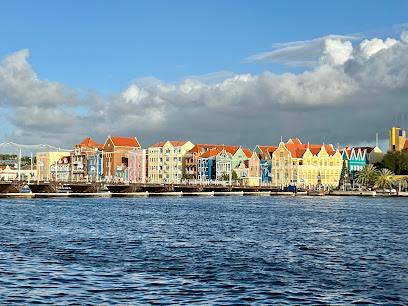
Renaissance Mall & Rif Fort
Experience the vibrant shopping, dining, and cultural heritage at Renaissance Mall & Rif Fort in Willemstad, Curaçao.
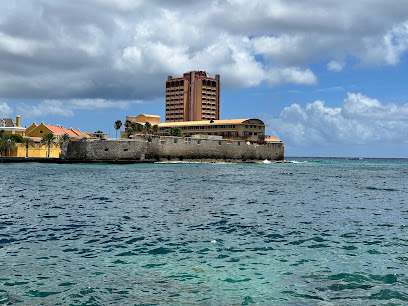
Curaçao Sea Aquarium
Explore the fascinating marine life at Curaçao Sea Aquarium, where education meets adventure in the heart of Willemstad.
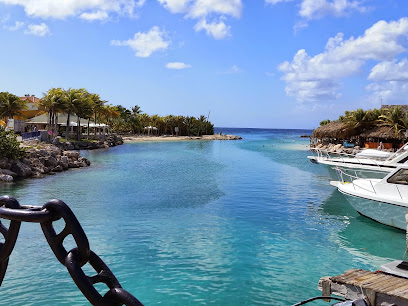
Kokomo Beach
Kokomo Beach in Curaçao: A stunning public beach offering crystal-clear waters, vibrant activities, and unforgettable sunsets for every traveler.
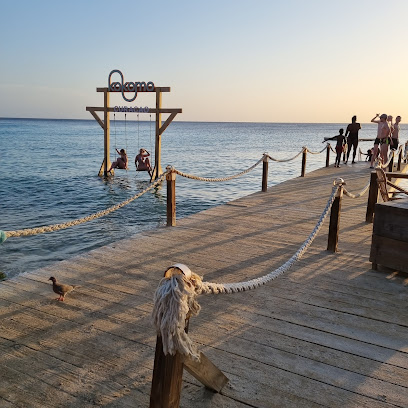
Hato Caves
Discover the breathtaking Hato Caves in Curaçao, a natural wonder featuring stunning limestone formations and rich cultural history.
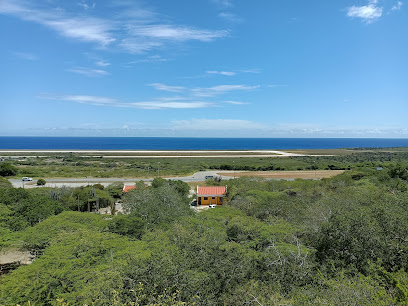
Playa Grandi
Swim with sea turtles at this unique Curaçao beach where local fishermen create a haven for marine life. A must-see for snorkelers!
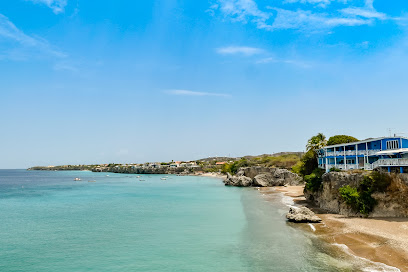
Christoffel National Park
Explore the breathtaking landscapes and diverse wildlife of Christoffel National Park, a must-visit natural paradise in Curaçao.
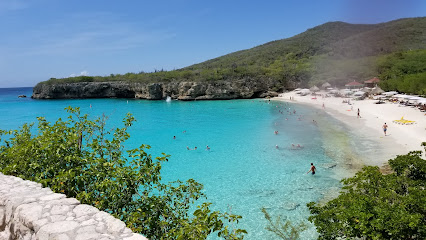
Curaçao Ostrich Farm
Experience the thrill of encountering ostriches at Curaçao Ostrich Farm, where wildlife education meets Caribbean charm.
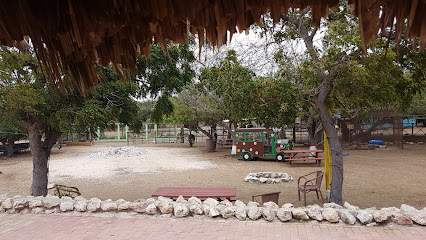
Daaibooi Beach
Discover Daaibooi Beach: Curaçao's serene escape with clear waters, vibrant marine life, and a laid-back Caribbean vibe near Sint Willibrordus.
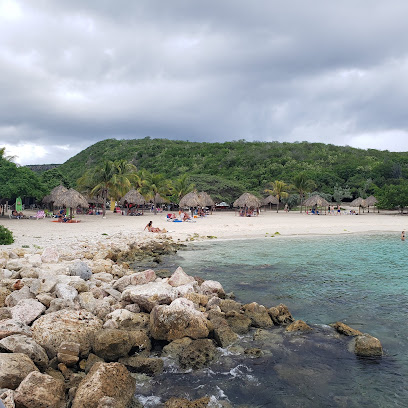
Shete Boka National Park
Explore the breathtaking coastal beauty of Shete Boka National Park, where dramatic cliffs meet vibrant marine life in Curaçao's natural paradise.
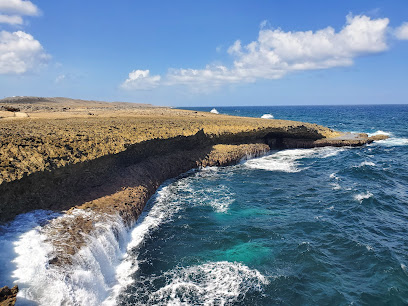
Brión Square
Discover the vibrant energy and cultural charm of Brión Square, a must-visit plaza in Willemstad that showcases Curaçao's rich history and local flavors.
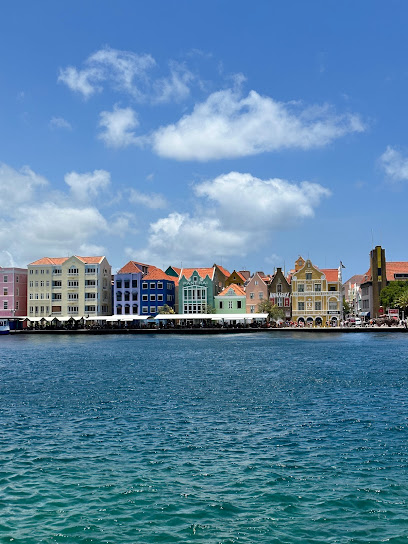
Museum Kura Hulanda
Explore the captivating history and cultural heritage of Curaçao at Museum Kura Hulanda, a must-visit destination for every traveler.
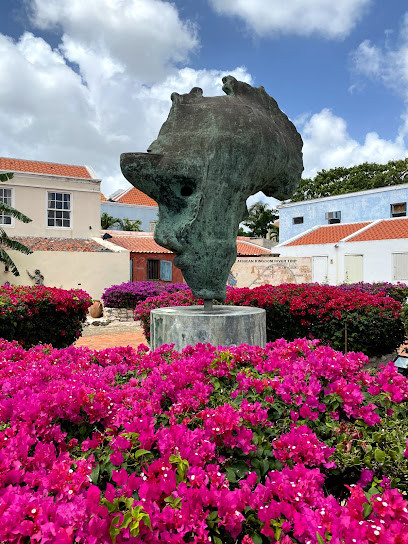
Boka Pistol
Explore the captivating shores of Boka Pistol in Curaçao, where stunning views and vibrant marine life await every tourist's discovery.
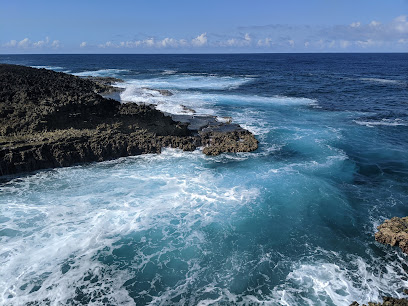
Fort Beekenburg
Discover the historical charm and breathtaking views at Fort Beekenburg, a must-visit landmark steeped in Curaçao's colonial history.
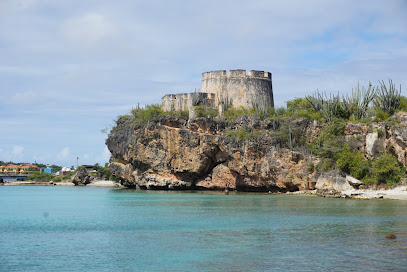
Watamula Hole
Explore the breathtaking beauty of Watamula Hole, a scenic gem in Curaçao perfect for adventure lovers and nature enthusiasts.
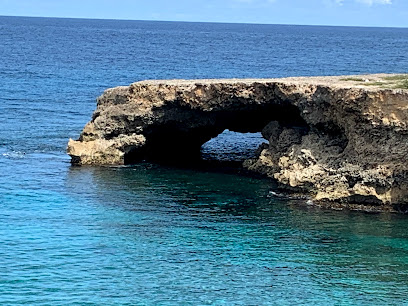
Unmissable attractions to see
Curaçao Sea Aquarium
Discover the wonders of the Caribbean Sea at Curaçao Sea Aquarium, where interactive exhibits and marine encounters create unforgettable memories and promote ocean conservation.
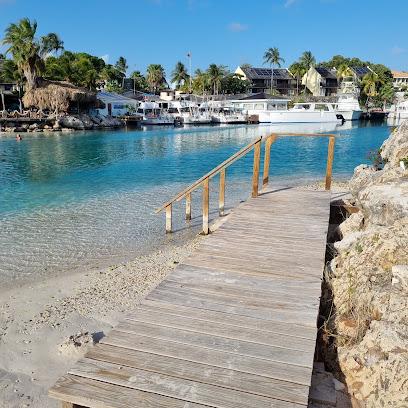
Curaçao Sea Aquarium
Discover the vibrant marine life at the Curaçao Sea Aquarium, where adventure meets education in a stunning tropical paradise.
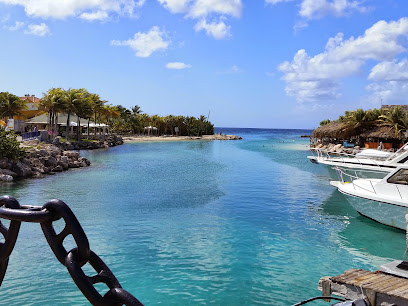
Mambo Beach Boulevard
Experience the vibrant heart of Curaçao at Mambo Beach Boulevard, where sun, shopping, dining, and nightlife converge for an unforgettable Caribbean escape.
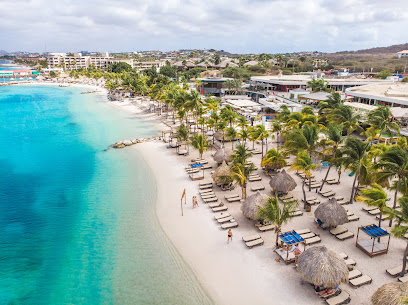
Pirate Bay Curaçao Beach Club and Restaurant
Experience Caribbean bliss at Pirate Bay Curaçao Beach Club and Restaurant, where stunning ocean views, delicious cuisine, and lively entertainment create unforgettable memories.
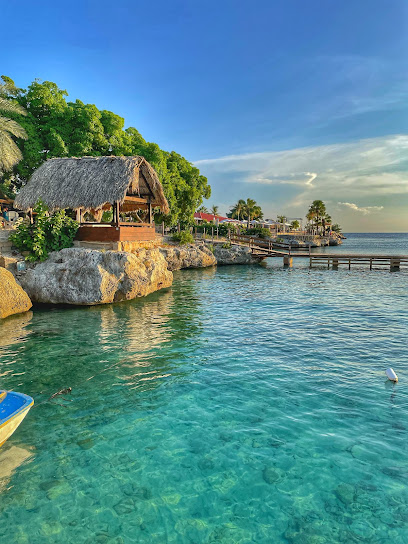
Playa Grandi
Swim with sea turtles in their natural habitat at Playa Grandi, a unique Curaçao beach offering an authentic local experience and stunning Caribbean beauty in Sabana Westpunt.
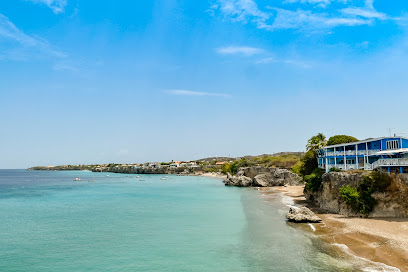
Boka Pistol
Witness the raw power of nature at Boka Pistol in Shete Boka National Park, where crashing waves create a spectacular geyser-like explosion on Curaçao's rugged north coast.
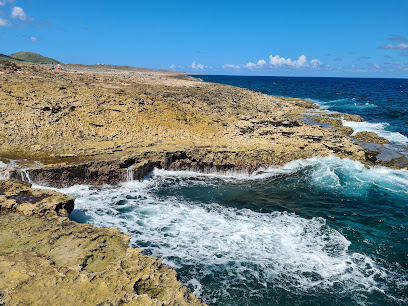
Jan Thiel Beach
Experience the allure of Jan Thiel Beach in Curaçao: where pristine sands meet vibrant nightlife, offering a perfect blend of relaxation, adventure, and Caribbean charm.
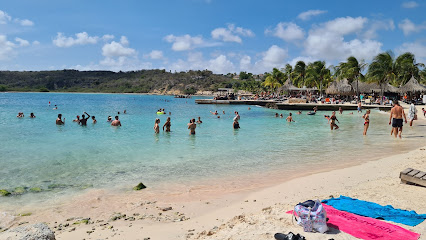
Marie Pampoen Beach
Experience the tranquil beauty of Marie Pampoen Beach in Willemstad, Curaçao—where sun, sand, and serenity meet.
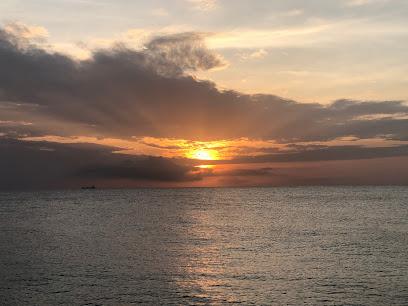
Den Paradera Herb Garden Curaçao by Dinah Veeris
Discover the healing power of nature at Den Paradera, Curaçao's renowned herb garden, where traditional remedies and cultural heritage intertwine in a fragrant oasis of tranquility.
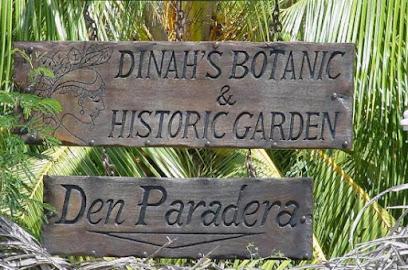
Duikcentrum van de Ven
Explore Curaçao's underwater paradise with personalized diving experiences, expert guidance, and a commitment to safety at Duikcentrum van de Ven in Jan Thiel.
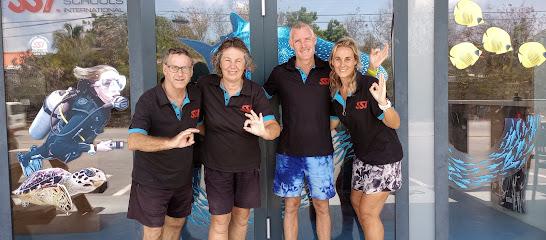
Nix Kiteboarding Kitesurfing School Curacao
Discover the thrill of kitesurfing in St. Joris Bay at Nix Kiteboarding Kitesurfing School, Curacao's premier water sports destination.
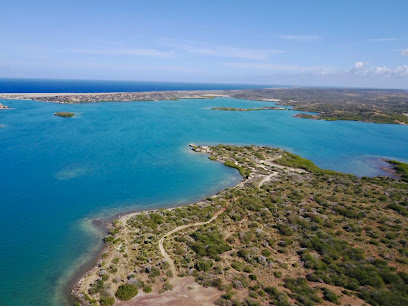
Tugboat Bar
Experience Caribbean charm at Tugboat Bar in Curaçao: ocean views, snorkeling at the Tugboat wreck, and a relaxed vibe await on the beautiful Caracasbaai Peninsula.
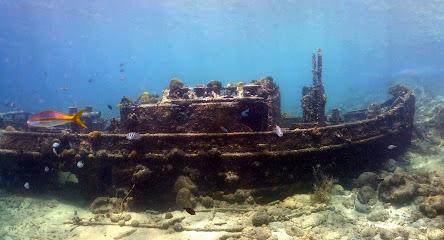
Kokomo
Discover Kokomo Beach in Curaçao: A perfect blend of relaxation, crystal-clear waters, vibrant coral reefs, and lively entertainment for an unforgettable Caribbean escape.
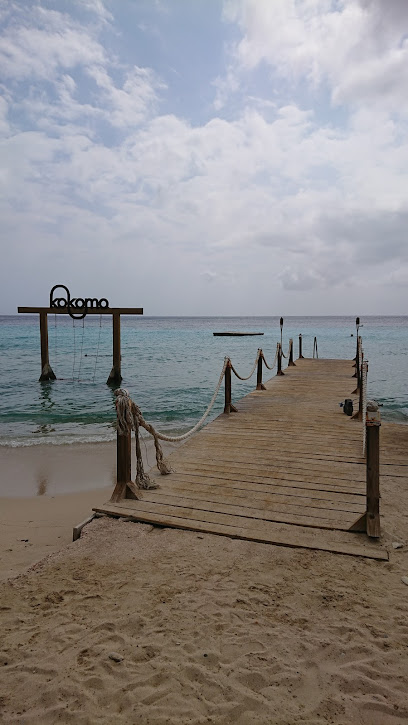
Caracas Bay
Experience the breathtaking beauty of Caracas Bay in Curaçao, where serene sands meet crystal-clear waters for an unforgettable Caribbean escape.
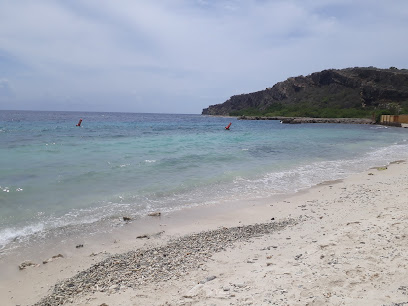
Playa Kanoa
Discover Playa Kanoa, Curaçao: A rugged, unspoiled beach perfect for surfing, snorkeling, and experiencing the island's natural beauty away from the crowds.
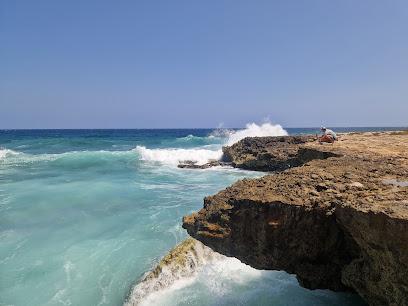
Essential places to dine
De Visserij piscadera
Experience fresh seafood delights at De Visserij Piscadera in Willemstad, where stunning views meet authentic Caribbean flavors.
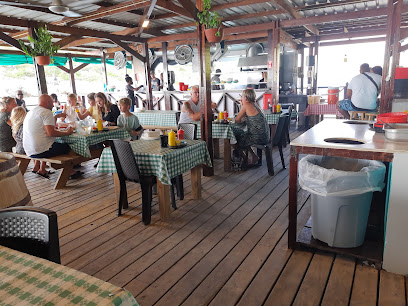
Pirate Bay Curaçao Beach Club and Restaurant
Experience tropical bliss at Pirate Bay Curaçao Beach Club: where great food meets stunning ocean views.
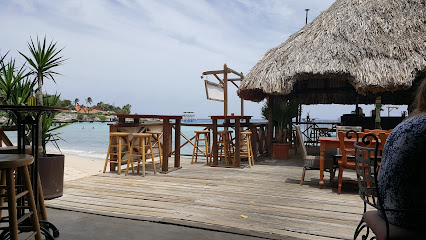
Restaurant & Café Gouverneur De Rouville
Discover culinary delights with stunning bay views at Restaurant & Café Gouverneur De Rouville in Willemstad, Curaçao.
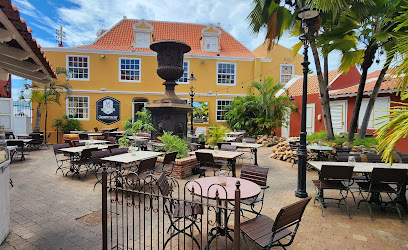
Karakter Beach - Lounge - Restaurant
Discover the perfect blend of relaxation and gourmet dining at Karakter Beach - Lounge - Restaurant in beautiful Curaçao.
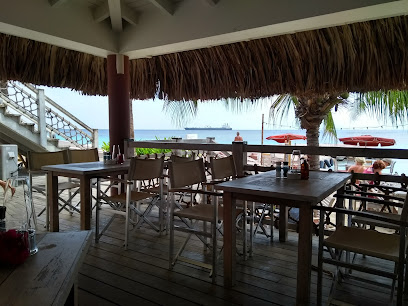
Brisa Do Mar
Discover Brisa Do Mar: A Culinary Gem in Jan Thiel Offering Authentic Caribbean Flavors and Stunning Views.
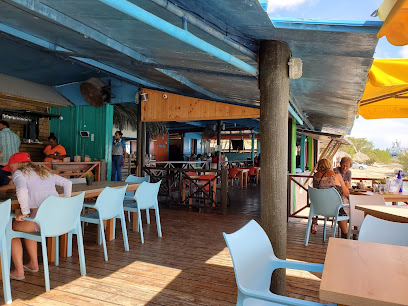
Saint Tropez Ocean Club
Discover culinary excellence at Saint Tropez Ocean Club in Curaçao - where every dish tells a story!
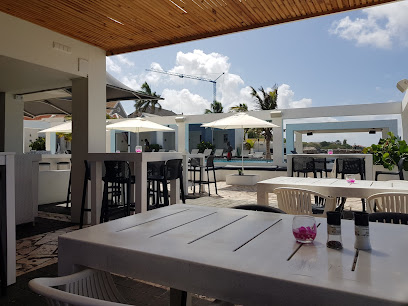
Sea Side Terrace
Experience exquisite seafood dining at Sea Side Terrace in Willemstad - where fresh flavors meet stunning ocean views.
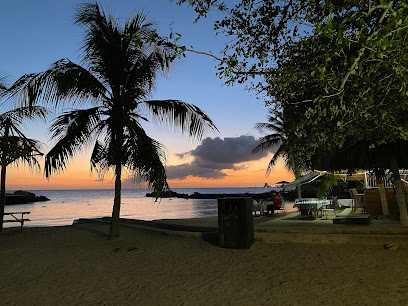
Perla Del Mar
Experience authentic Caribbean cuisine at Perla Del Mar in Willemstad – where every dish tells a story and every meal is a celebration.
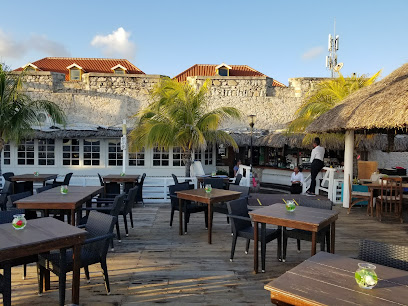
MOOD Beach Curacao
Discover the flavors of paradise at MOOD Beach Curacao - where exquisite cuisine meets stunning ocean views.
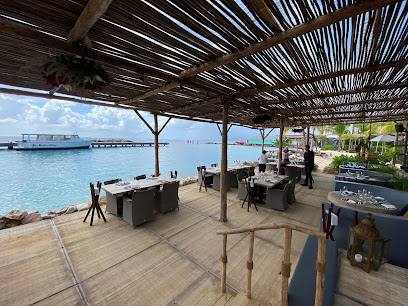
Koko's
Discover the taste of paradise at Koko's in Jan Thiel – where fresh seafood meets vibrant Caribbean flavors.
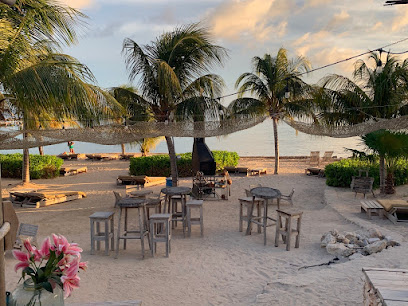
Kas di Piskado Purunchi
Experience authentic Caribbean flavors at Kas di Piskado Purunchi in Willemstad - a seafood lover's paradise!
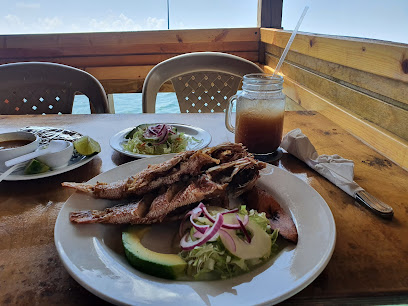
Maira's Kitchen
Experience the vibrant flavors of Curaçao at Maira's Kitchen - where every dish tells a story.
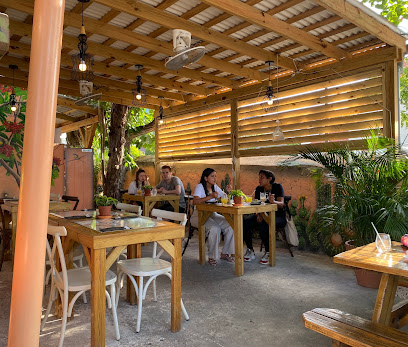
Fish & Joy Bistro & Wine Bar Curaçao
Experience exquisite seafood dishes and fine wines at Fish & Joy Bistro & Wine Bar in Willemstad, Curaçao - where culinary delights await you.
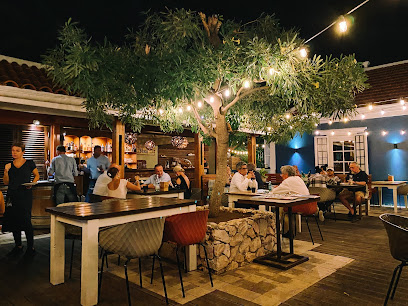
Omundo
Experience the rich flavors of Curaçao at Omundo – where every dish tells a story.
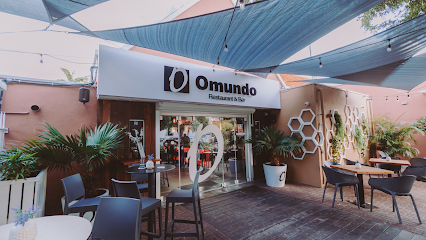
The Grill King
Experience authentic Caribbean flavors at The Grill King in Willemstad - A must-visit restaurant for all food enthusiasts!
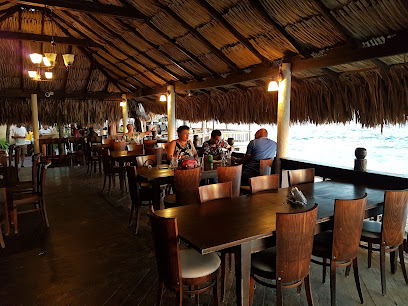
Markets, malls and hidden boutiques
Renaissance Mall & Rif Fort
Discover the Renaissance Mall & Rif Fort: a shopping haven blending history, culture, and stunning views in Willemstad, Curaçao.
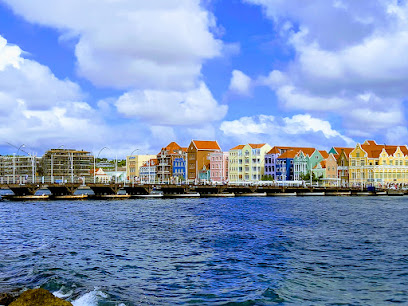
Sambil Curacao
Explore Sambil Curacao: Your Ultimate Shopping Destination in Willemstad with Diverse Shops, Dining, and Entertainment.
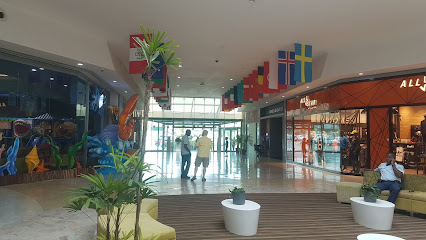
Mambo Beach Boulevard
Discover the vibrant shopping, dining, and nightlife at Mambo Beach Boulevard in Willemstad, Curaçao – a must-visit destination for every traveler.
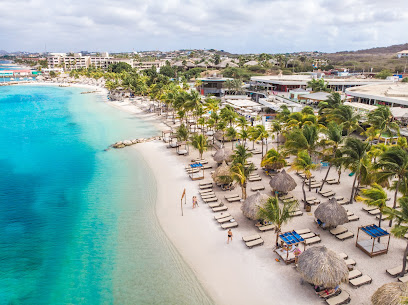
Zuikertuin Mall
Discover the vibrant Zuikertuin Mall in Willemstad, Curaçao, a perfect blend of shopping, dining, and local culture for every tourist.
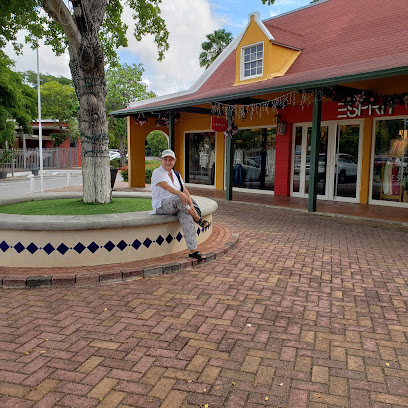
La Curacao
Explore La Curacao, a premier department store in Willemstad, offering diverse products and local treasures for an unforgettable shopping experience.
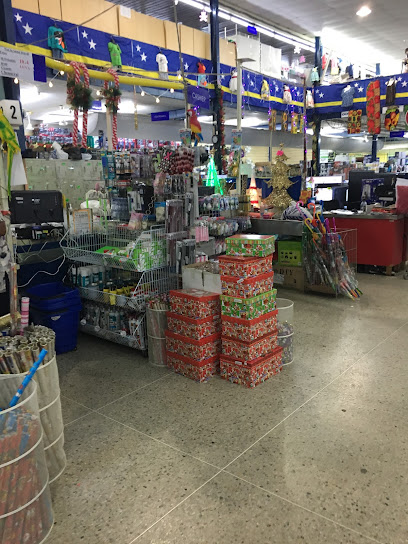
Penha Duty Free Curacao in Punda
Explore Penha Duty Free in Punda for an unparalleled duty-free shopping experience featuring perfumes, cosmetics, and liquors in the heart of Willemstad.
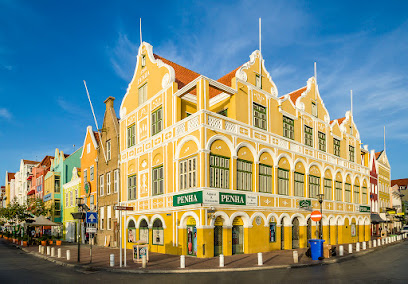
Bloempot Shopping Center
Discover Bloempot Shopping Center in Willemstad, Curaçao, a vibrant shopping haven offering local and international brands, dining options, and a lively atmosphere.
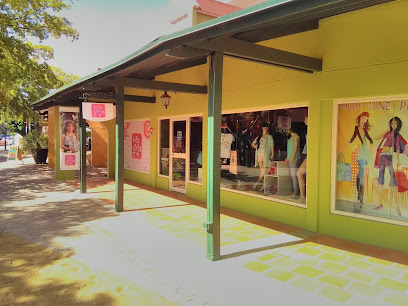
Caribbean Handcraft
Explore Caribbean Handcraft in Jan Thiel for exquisite local souvenirs and gifts that embody the beauty of Curaçao's culture and artistry.
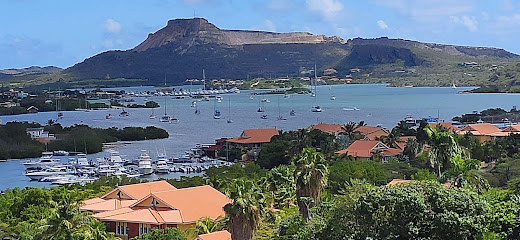
Chichi Shop Punda
Discover the essence of Curaçao at Chichi Shop Punda, where vibrant souvenirs and local crafts await in the heart of Willemstad.
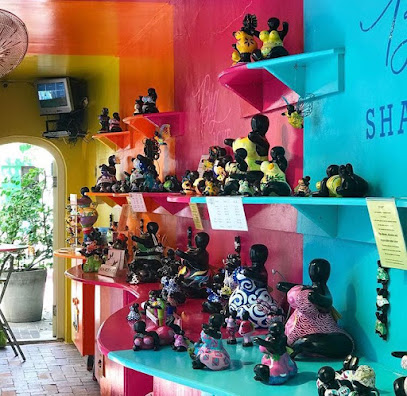
Copperstone
Explore Copperstone, a charming souvenir store in Willemstad, Curaçao, where local craftsmanship meets vibrant culture in unique gifts.
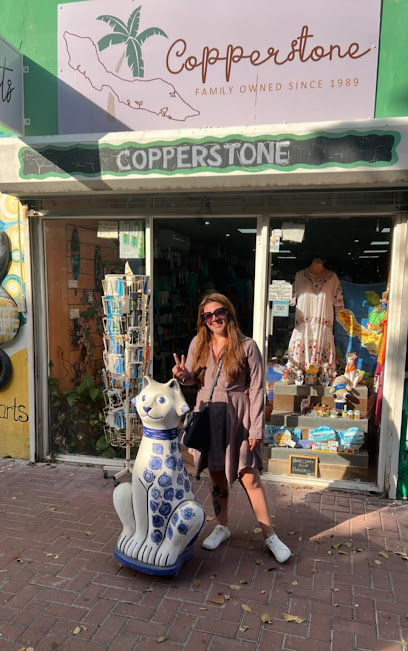
Concept Store by Sea & Sand
Explore a vibrant assortment of locally crafted treasures at Concept Store by Sea & Sand in Willemstad, Curaçao.

JOY by OPRA
Explore the vibrant collection of handcrafted gifts and local treasures at JOY by OPRA, a must-visit shop in Willemstad, Curaçao.
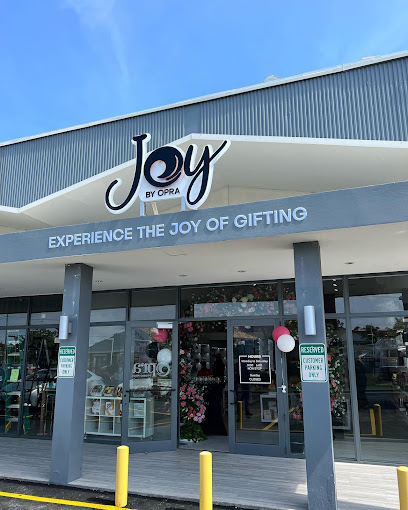
Island Treasures
Explore the vibrant world of local crafts and gifts at Island Treasures, the must-visit souvenir store in Willemstad, Curaçao.
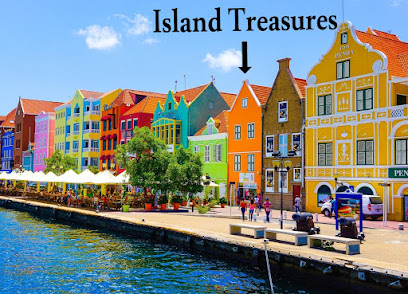
I love Curacao #The hidden beauty of the Caribbean
Explore the vibrant crafts and unique souvenirs of Curacao at 'I Love Curacao', your gateway to the island's rich culture.
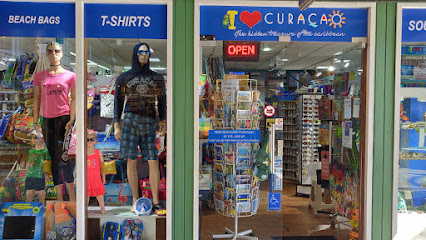
Unique point
Explore Unique Point in Willemstad, where local fashion meets quality craftsmanship for the modern man.

Essential bars & hidden hideouts
Zanzibar Beach & Restaurant
Experience the perfect blend of culinary delights and stunning beach views at Zanzibar Beach & Restaurant in Curaçao.
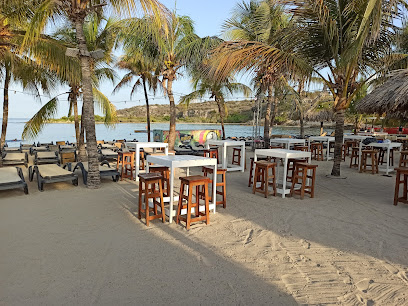
Pirate Bay Curaçao Beach Club and Restaurant
Discover the vibrant culture and exquisite flavors at Pirate Bay Curaçao Beach Club, where every meal is a feast for the senses.
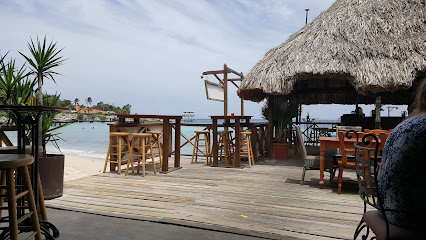
Saint Tropez Ocean Club
Discover the culinary delights of Saint Tropez Ocean Club in Willemstad, Curaçao, where local flavors meet stunning ocean views.
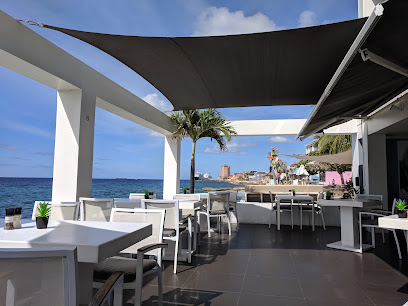
Wet & Wild Beach Club
Escape to Wet & Wild Beach Club in Curaçao for unforgettable relaxation, vibrant atmosphere, and thrilling watersport activities.
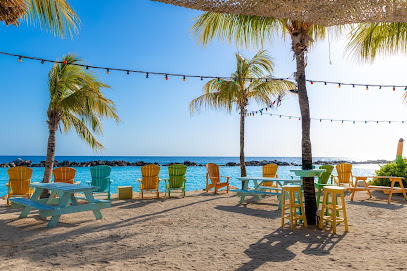
Netto Bar
Discover the vibrant atmosphere and local flavors at Netto Bar in Willemstad, Curaçao—where culture meets nightlife.
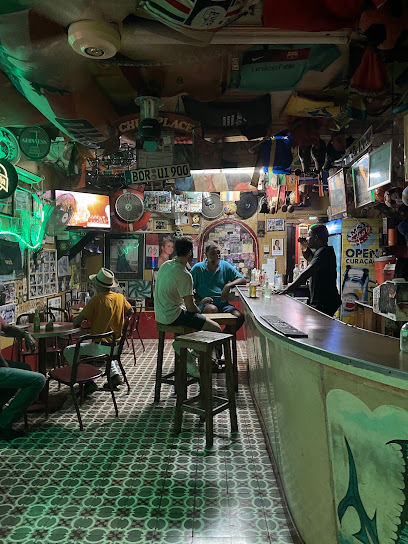
Koraal Rooftop Terrace
Discover gourmet dining and stunning views at Koraal Rooftop Terrace, the perfect blend of local flavors and Caribbean charm in Curaçao.
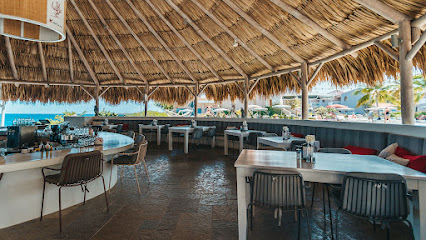
The Sopranos Sport Bar & Pizzeria
Enjoy a vibrant atmosphere at The Sopranos Sport Bar & Pizzeria in Willemstad, Curaçao, where delicious food meets thrilling sports action.
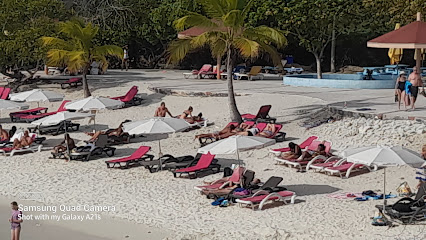
Captain's Sportsbar & Grill
Dive into the lively atmosphere of Captain's Sportsbar & Grill in Willemstad, where sports, great food, and entertainment come together for an unforgettable experience.
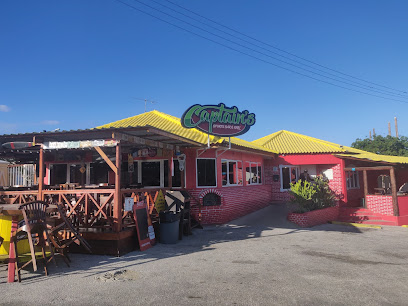
Sauc'é Curaçao Bar
Experience the vibrant nightlife of Curaçao at Sauc'é Curaçao Bar, a premier cocktail bar and nightclub in Salinja.
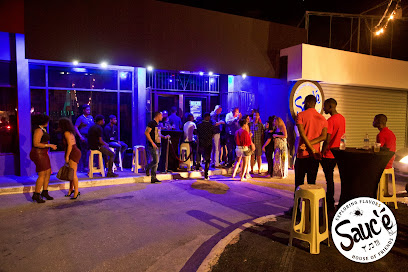
The Captain
Discover the vibrant flavors of the Caribbean at The Captain, a popular diner and bar in Curaçao, perfect for an unforgettable dining experience.
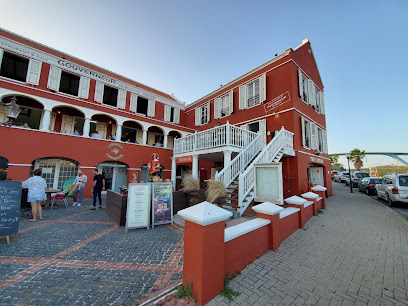
Ibiza Grill Curacao
Experience authentic Caribbean cuisine at Ibiza Grill Curacao, where delicious grilled dishes meet a vibrant dining atmosphere.
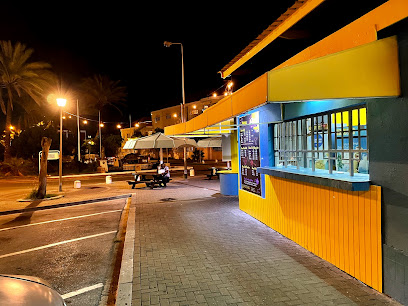
Mojitos & Bites
Experience the lively atmosphere of Mojitos & Bites, a premier sports bar in Willemstad, Curaçao, perfect for food and sports lovers alike.
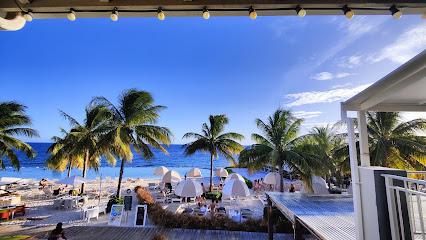
Schooner Bar
Discover Schooner Bar in Willemstad, where tantalizing small plates and refreshing cocktails meet a lively atmosphere in beautiful Curaçao.
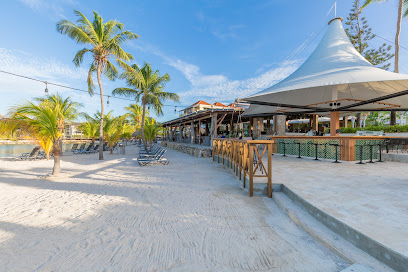
5 O'clock Somewhere Curaçao
Experience the vibrant island life at 5 O'clock Somewhere Curaçao – where relaxation meets delicious food and stunning views.
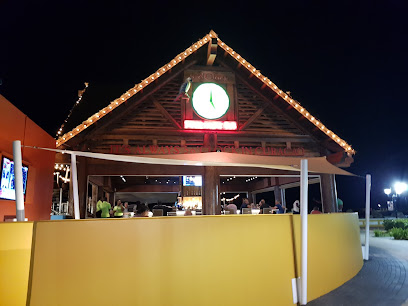
Local Phrases about St. Joris Bay
-
- HelloBon dia
[bon dee-ah] - GoodbyeAyo
[ah-yo] - YesSi
[see] - NoNo
[noh] - Please/You're welcomePor fabor
[por fah-bor] - Thank youDanki
[dahn-kee] - Excuse me/SorryPardon
[par-don] - How are you?Kon ta bai?
[kon tah bye] - Fine. And you?Bon. I bo?
[bon. ee boh?] - Do you speak English?Bo papia ingles?
[boh pah-pee-ah een-glehs?] - I don't understandMi no ta kompronde
[mee noh tah kohm-prohn-deh]
- HelloBon dia
-
- I'd like to see the menu, pleaseMi ke mira e menu, por fabor
[mee keh mee-rah eh meh-noo, por fah-bor] - I don't eat meatMi no ta kome karni
[mee noh tah koh-meh kahr-nee] - Cheers!Salud!
[sah-lood] - I would like to pay, pleaseMi ke paga, por fabor
[mee keh pah-gah, por fah-bor]
- I'd like to see the menu, pleaseMi ke mira e menu, por fabor
-
- Help!Yudami!
[yoo-dah-mee] - Go away!Bai bai!
[bahy bahy] - Call the Police!Yama polis!
[yah-mah poh-lees] - Call a doctor!Yama dòkter!
[yah-mah dok-ter] - I'm lostMi ta perdi
[mee tah pehr-dee] - I'm illMi ta malu
[mee tah mah-loo]
- Help!Yudami!
-
- I'd like to buy...Mi ke kumpra...
[mee keh koom-prah] - I'm just lookingMi ta mira solamente
[mee tah mee-rah soh-lah-men-teh] - How much is it?Kuantu esaki ta kosta?
[kwan-too eh-sah-kee tah koh-stah?] - That's too expensiveEsaki ta muchu karo
[eh-sah-kee tah moo-choo kah-roh] - Can you lower the price?Bo por baha e preis?
[boh pohr bah-hah eh preys?]
- I'd like to buy...Mi ke kumpra...
-
- What time is it?Kuantu ora ta?
[kwan-too oh-rah tah?] - It's one o'clockTa un ora
[tah oon oh-rah] - Half past (10)Mitad di dies
[mee-tahd dee dees] - MorningMarduga
[mahr-doo-gah] - AfternoonAtardi
[ah-tahr-dee] - EveningAnochi
[ah-noh-chee] - YesterdayAyera
[ah-ye-rah] - TodayAwe
[ah-weh] - TomorrowMañana
[mah-nyah-nah] - 1Uno
[oo-noh] - 2Dos
[dohs] - 3Tres
[trehs] - 4Cuatro
[kwah-troh] - 5Cinco
[seen-koh] - 6Seis
[seys] - 7Siete
[syet-eh] - 8Ocho
[oh-choh] - 9Nueve
[nweh-veh] - 10Diez
[dyehs]
- What time is it?Kuantu ora ta?
-
- Where's a/the...?Unda ta...?
[oon-dah tah] - What's the address?Kiko e adres ta?
[kee-koh eh ah-dres tah] - Can you show me (on the map)?Bo por mustra mi (riba e mapa)?
[boh pohr moos-trah mee (ree-bah eh mah-pah)] - When's the next (bus)?Kuantu tempu te e siguiente (bus)?
[kwan-too tehm-poo teh eh see-gwee-ehn-teh (boos)] - A ticket (to ....)Un tiki (pa ....)
[oon tee-kee (pah)]
- Where's a/the...?Unda ta...?
History of St. Joris Bay
-
Long before European explorers set foot on the shores of Curacao, the Arawak people inhabited the island. St. Joris Bay, with its rich marine life and fertile lands, served as a prime location for these indigenous communities. Evidence of their presence, including pottery shards and tools, has been discovered in the area, indicating a thriving settlement that relied on fishing and agriculture.
-
In 1499, the Spanish explorer Alonso de Ojeda arrived in Curacao, marking the beginning of European interest in the island. St. Joris Bay was one of the first areas explored due to its strategic location and natural harbor. The Spanish did not establish permanent settlements but used the bay as a temporary anchorage point during their expeditions in the Caribbean.
-
The Dutch West India Company took control of Curacao in 1634, transforming the island into a hub for trade and commerce. St. Joris Bay became an important site for the island's plantation economy. Several plantations were established in the vicinity, producing goods such as salt, aloe, and livestock. The bay served as a key point for the transportation of these goods to other parts of the Caribbean and Europe.
-
St. Joris Bay played a role in Curacao's grim history of the transatlantic slave trade. Enslaved Africans were brought to the island and worked on the nearby plantations. The bay's location made it a point of entry for slave ships. The remnants of this dark period can still be seen in the ruins of plantation houses and slave quarters in the area.
-
During the 17th and 18th centuries, the Caribbean was a hotspot for pirate activity. St. Joris Bay, with its concealed coves and inlets, provided refuge for pirates and privateers. The Dutch authorities built fortifications and lookout points around the bay to protect against pirate attacks and safeguard the valuable trade routes.
-
Over the centuries, St. Joris Bay has been a melting pot of cultures. The influence of Arawak, Spanish, Dutch, African, and other Caribbean cultures is evident in the area's architecture, cuisine, and traditions. Today, the bay is a vibrant community where the rich cultural heritage is celebrated through festivals, music, and art.
-
In contemporary times, St. Joris Bay has transformed into a popular destination for both locals and tourists. Its pristine waters are perfect for kayaking, windsurfing, and fishing. Efforts to preserve the natural beauty and historical significance of the bay have led to various conservation projects, ensuring that future generations can continue to enjoy and learn from this unique locale.
St. Joris Bay Essentials
-
St. Joris Bay is located on the eastern side of Curaçao, approximately 30 kilometers from Willemstad, the capital city. The nearest airport is Hato International Airport (CUR), situated about 35 kilometers away. From the airport, you can rent a car or take a taxi to St. Joris Bay. The drive typically takes around 45 minutes. There are no direct public transportation routes to St. Joris Bay, so renting a car is highly recommended for convenience.
-
While there is no direct public transport to St. Joris Bay, taxis and rental cars are available from Willemstad and the airport. Renting a car is the most convenient option, as it allows you to explore the bay and its surroundings at your own pace. For those looking to explore the bay by water, local tour operators offer boat rentals and guided tours. Bicycles and scooters can also be rented in Willemstad if you prefer a more eco-friendly mode of transportation.
-
The official currency of Curaçao is the Netherlands Antillean Guilder (ANG), but US dollars are widely accepted. Major credit cards are accepted in most hotels, restaurants, and shops, but it is advisable to carry some cash for smaller establishments and local markets. ATMs are available in Willemstad and other major towns, but there are limited facilities near St. Joris Bay, so it is best to withdraw sufficient cash before heading to the bay.
-
Curaçao is generally a safe destination, but it is important to take standard precautions. Avoid leaving valuables unattended on the beach or in your car. Stick to well-lit and populated areas, especially at night. While St. Joris Bay itself is safe, some neighborhoods in Willemstad, such as Punda and Otrabanda, have higher crime rates, particularly for petty theft targeting tourists. Always stay vigilant and be aware of your surroundings.
-
In case of emergency, dial 911 for immediate assistance. Curaçao has well-equipped medical facilities, with the main hospital being Curaçao Medical Center in Willemstad. For minor health issues, there are pharmacies in Willemstad where you can purchase over-the-counter medications. It is advisable to have travel insurance that covers medical emergencies. Local police stations are also available in Willemstad and can provide assistance if needed.
-
Fashion: Do wear lightweight and breathable clothing due to the tropical climate. Avoid overly revealing swimwear when not on the beach. Religion: Do respect local customs and traditions, especially when visiting religious sites. Public Transport: Do use taxis or rental cars for convenience. Don’t rely on public transport to reach St. Joris Bay. Greetings: Do greet people with a friendly hello or 'Bon Bini' (welcome). A handshake is also common. Eating & Drinking: Do try local dishes such as Keshi Yena and Funchi. Don't refuse hospitality, as it can be considered impolite.
-
To experience St. Joris Bay like a local, consider visiting during the early morning or late afternoon to avoid the midday heat. Engage with locals who often visit the bay for fishing and windsurfing; they are usually friendly and willing to share tips. Pack a picnic and enjoy a meal by the water, but make sure to clean up afterwards to keep the area pristine. Don’t miss the opportunity to explore the nearby salt flats and mangroves, which are home to diverse wildlife.
Trending Landmarks in St. Joris Bay
Nearby Cities to St. Joris Bay
-
Things To Do in Julianadorp
-
Things To Do in Sint Michiel
-
Things To Do in Barber
-
Things To Do in Soto
-
Things To Do in Sabana Westpunt
-
Things To Do in Westpunt
-
Things To Do in San Nicolas
-
Things To Do in Savaneta
-
Things To Do in Santa Cruz
-
Things To Do in Pos Chiquito
-
Things To Do in Paradera
-
Things To Do in Sero Blanco
-
Things To Do in Tanki Leendert
-
Things To Do in Oranjestad
-
Things To Do in Noord




